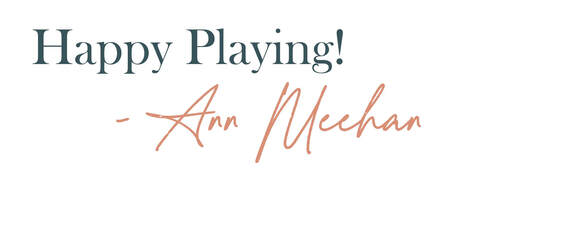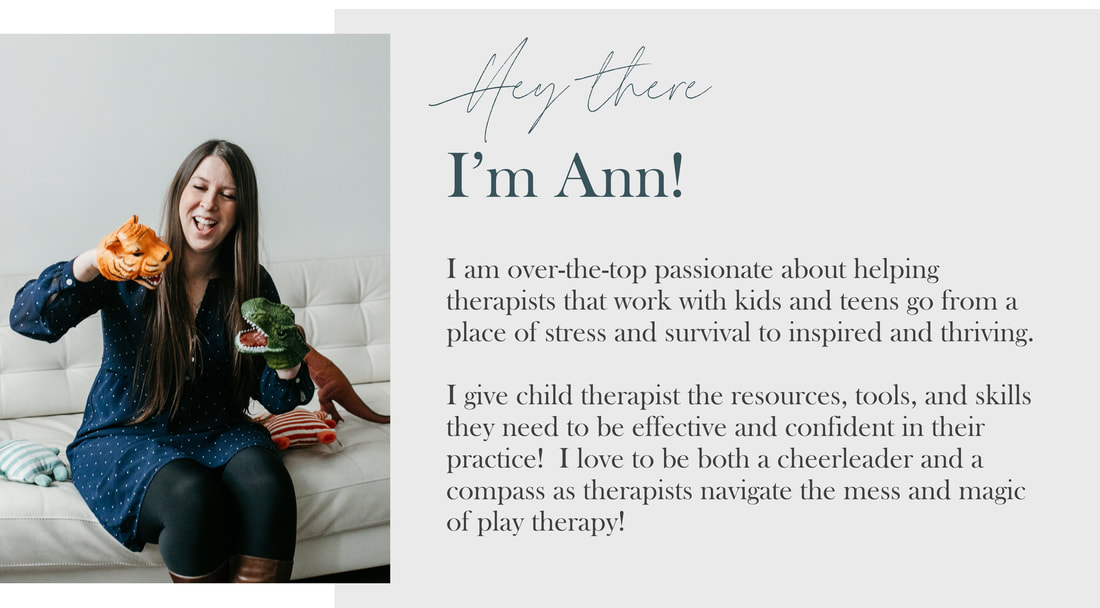|
How old is too old for play therapy? What do you think?
10? 12? 15? Most play therapy techniques and theories have been researched for children 10-12 and under. But what happens when a child turns 13? Is it that *poof* the need for play just stops?
Well… what if I told you that I think everyone can benefit from Play Therapy? Even adults.
Okay, now what if I told you that play and fun is actually a basic emotional need? Yup! According to Choice Theory (read alllll about the needs HERE) humans never stop having a need to play have fun. The teenage years are full of messiness, struggle, amazing experiences, bursts of development, and independence all rolled into one (at times awkward) ball. And during these years creative skills and abstract thinking are beginning to develop. Even for teens, play is essential for cognitive, physical, social, and emotional well-being. Other benefits of play include enhancing brain development and activating the brain’s reward circuitry without a negative stress response, increase attention, and enhance social skills. Oh, and on top of that the teenage brain also matures and learns by both challenging tasks and creative activities. AND playing with teens is not just all fun and games, it’s effective! How often does a teen plop down on your couch and when you ask “how was your week?” you are met with brick walls of “fine” and “okay” with not an extra syllable in sight. When you move into the zone of asking them what they want to focus on for the session, they toss an old favorite of “I don’t know” into the mix. Yup, sounds about right. BUT if you ask them to complete a sand tray you watch their inner world, thoughts, feelings, wishes, vulnerabilities, pain, and successes come tumbling out in great detail and clarity. Play is the window into their inner experience with the protection of the activity, metaphor, art, or tray. Now, our approach to play therapy with teens is definitely different. There can be an invitation to play but also not being tied to it, full well knowing that your activity, suggestion, or technique could be rejected. It’s also knowing that what might be rejected one session can be embraced the next and vice versa! And if you are looking for some ideas for play therapy with teens my ultimate favorite is sand tray! Closely followed by games, art, metaphor, and music. If you haven't been playing with teens, you should definitely try it. You might just be surprised by what happens when you invite a teen to play! What’s your favorite way to play with teens? Comment below! If you are looking for more support in your work with teens and tweens in the playroom check out my course Growing Out Of The Playroom: Teens and Tweens in Play Therapy! Loading...
2 Comments
Thank you for exploring this topic. I'm running into the "I don't know" dynamic, and am not sure how to tell whether or not it's from lack of desire for introspection, or for more need to establish trust (usually something I have an easy enough time with). Tweens are so often underserved!
Reply
Ann Meehan
1/16/2023 01:34:00 pm
Thanks Bo! Yes Tweens are definitely in that middle zone between young kids and adults!
Reply
Leave a Reply. |
Hi, there!I'm Ann Meehan, an LPCC, Loading... Archives
July 2024
Categories
All
|
Privacy Policies | Terms of Use | Disclaimer
Contact
[email protected] | Copyright Meehan Mental Health Services 2022
Contact
[email protected] | Copyright Meehan Mental Health Services 2022







